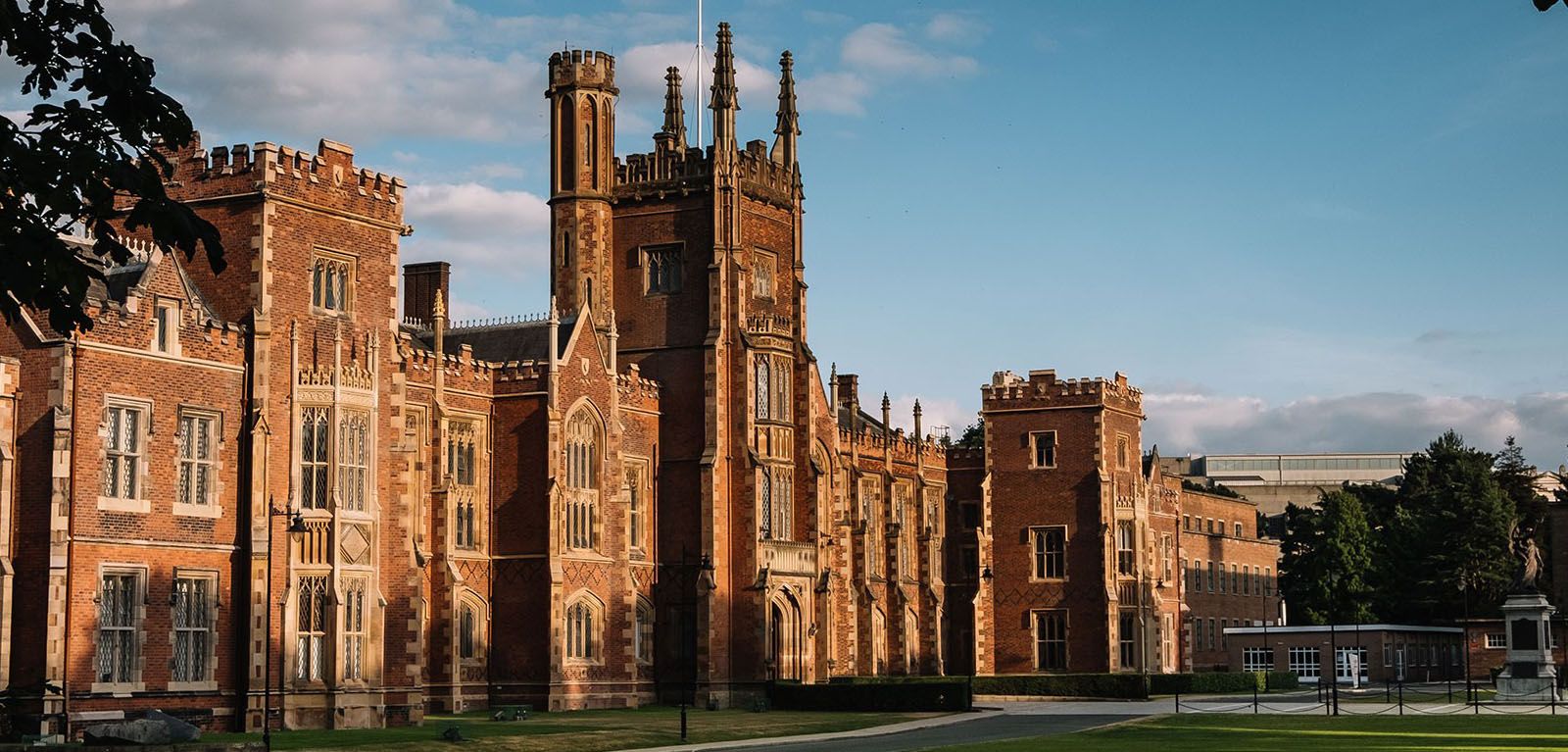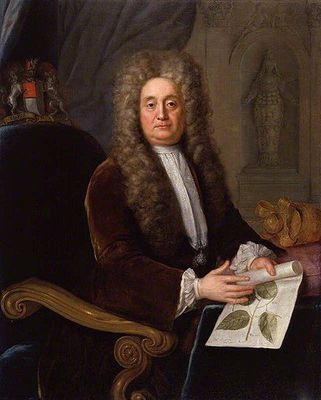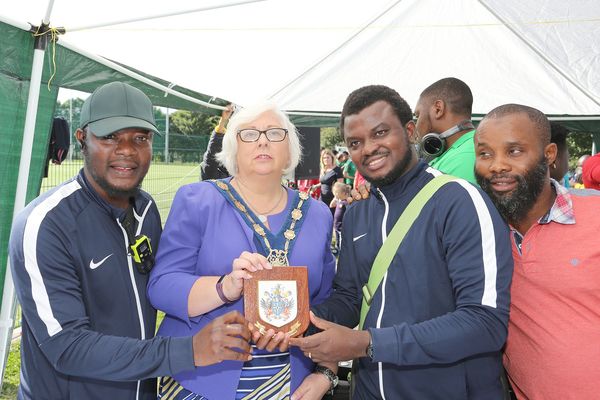A SURE way of uniting different tribes is to encourage an open membership policy within groups. At Queen’s University Belfast (right), the African-Caribbean Society (ACS) was established to create space for people of African descent while promoting an open registration of members.
This may sound strange to puritans of any creed, colour or sensibility, as some people prefer to be exclusive in how they will define their associations. A thumbs-up from me to a group like this, a voluntary student space where identity is a firm yes but which also accepts that the truth about life is that we all exist in the forest of symbiosis where different things will benefit from each other.
I love to talk about diversity in depth, not the tick-box ‘Are you black, white, disabled, gay?’ That is not enough. I want the possibility of an imperative to accept everyone. Diversity conversations bring, or should bring, more positive energy in a world of utter chaos. I don't think that diversity is something that any person should be allergic to.
Remember the Englishman Bruce Forsyth? An entertainer par excellence! “Nice to see you, to see you nice.” And when the Irish comedian Graham Norton comes out with a line, we again laugh because it is polite and gently funny. So, in our diverse ways, let us accept banter as a trade-off for toxic humour that does not honour others because of their faith or race and so on.
Someone asked me the other day, “Why are you using big words to have a conversation with normal readers?” I asked, “What are normal readers and who is an abnormal reader?” Everyone reading is a reader. English is language number three out of five languages that I speak in this order: Luo, Swahili, English, Kisii and French. When writing, we cannot police our grammatical formulae just because we fear that we have butchered the English or any other language to the grave. Linguistic rules are not permanent, ever.
The conversation was about the actions of minority organisations here in Northern Ireland to integrate themselves in society. Some Queen’s University Africans say, and we should hear them loud and clear: “Considering the fact that Northern Ireland is a majority white country, with only 0.2 per cent of the population identifying as Black, the ACS may be perceived as a society set up to provide a community strictly for Africans and Caribbeans.” Well, that’s far from the truth. Our doors are open to everyone. The African-Caribbean Society will help develop your cultural and racial awareness in an educational, lively and entertaining environment. We aim to do this through various cultural and social events throughout the academic year. We might think that this are too many soundbites in here, but I think it is a very good effort and many statutory organisations in Northern Ireland have hardly touched the surface. It is good to hear that foreign students all over Ireland have a passion to build on community relations.
To make sense of this conversation, let us look at the long years of the Troubles in Northern Ireland. Were there any efforts like the ones that we now see from minority ethnic students to outline who they are, where they come from, how they want to help change the dynamics of the country? The years of the Troubles buried them into insignificance, they were totally invisible, but now they are part of the peace process. Even they don't know this, but they are!
• Next week I will be telling you about a new book, ‘Black Joe – the Life of a Black Man in 18th Century Belfast’, written by my retired, teacher William A Hart of Magee College.
ellyomondi@gmail.com








